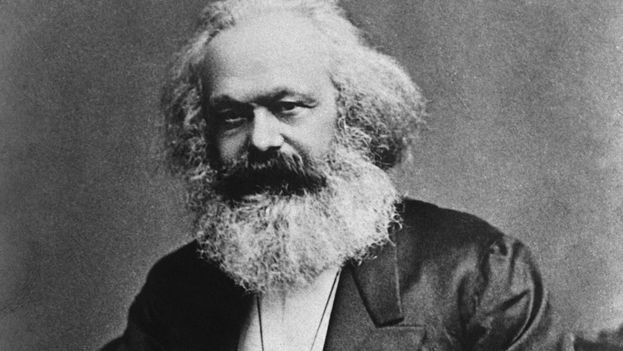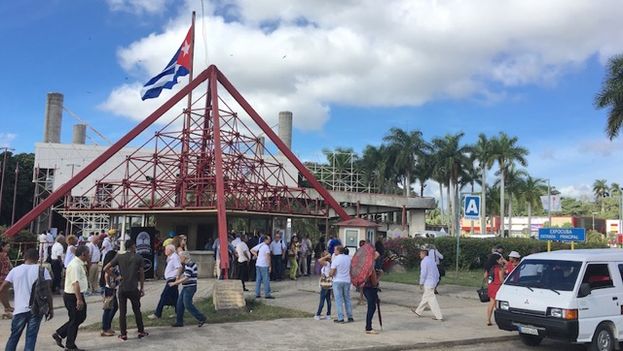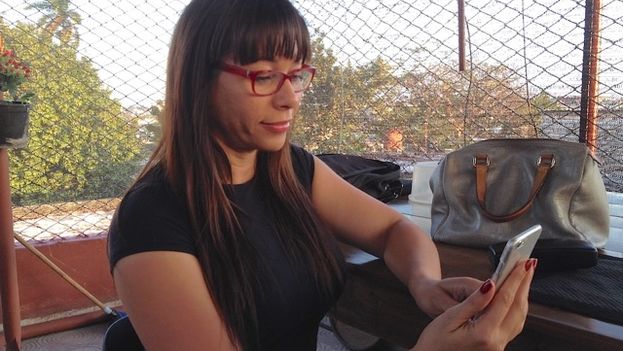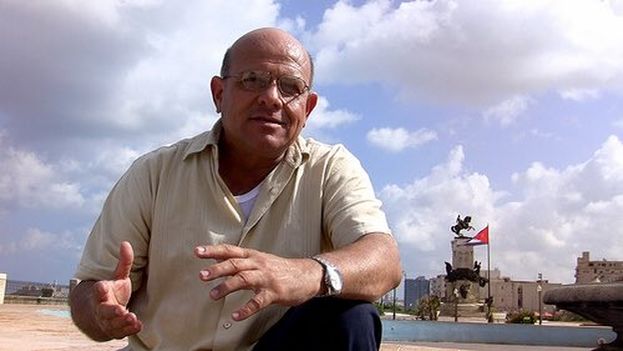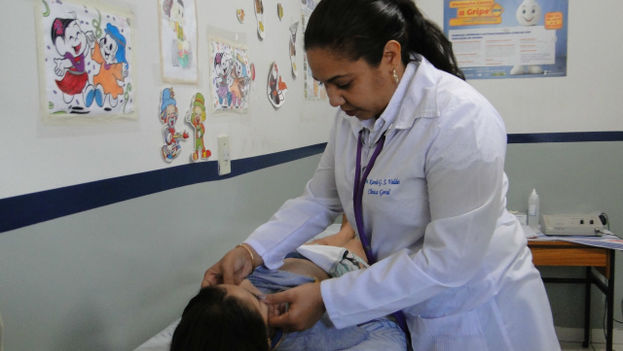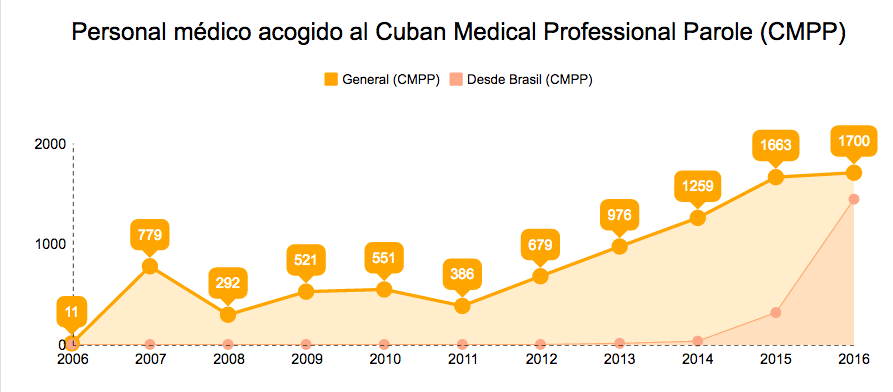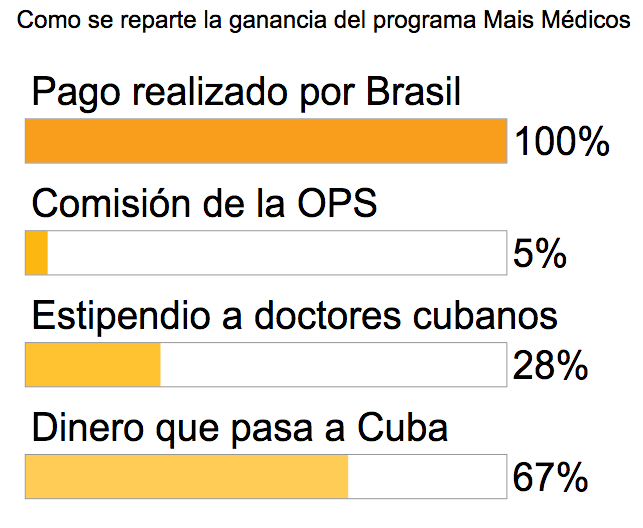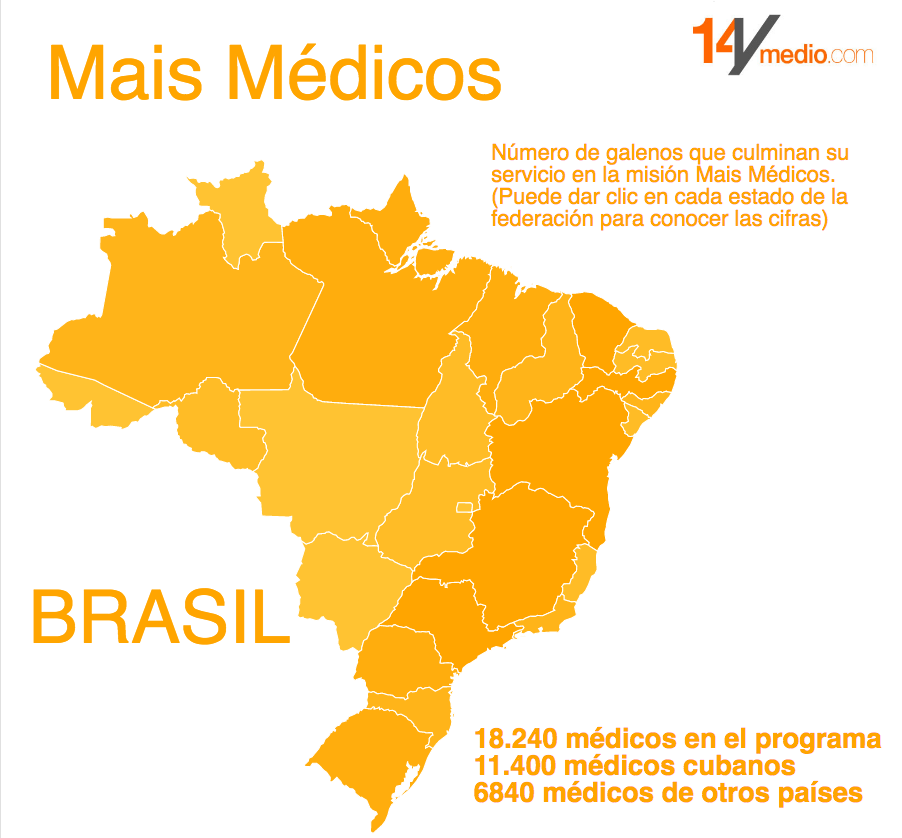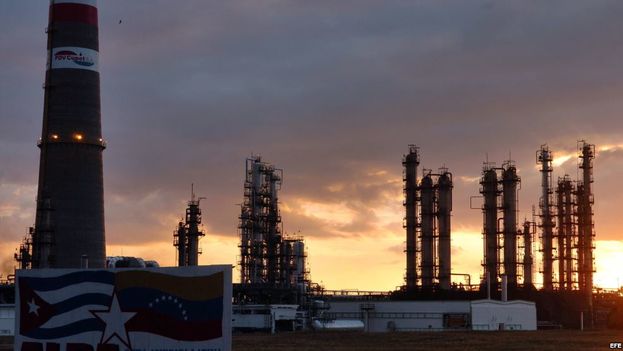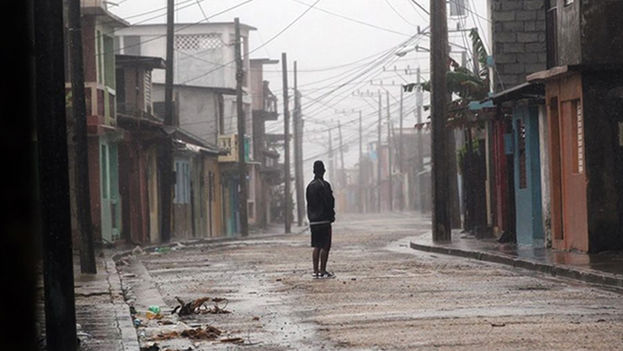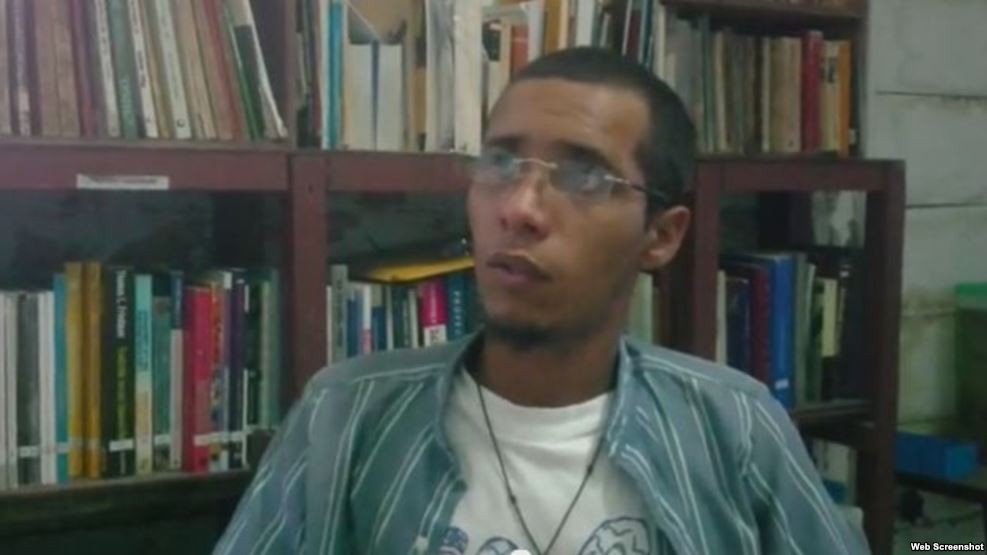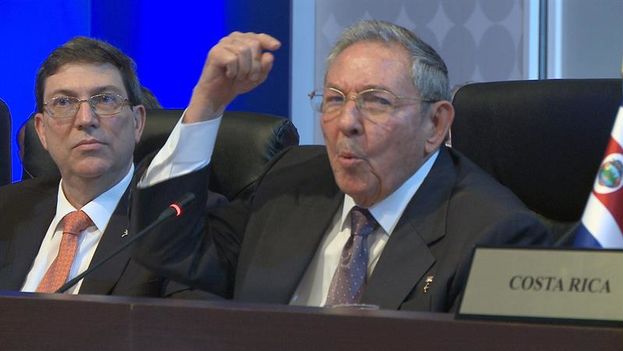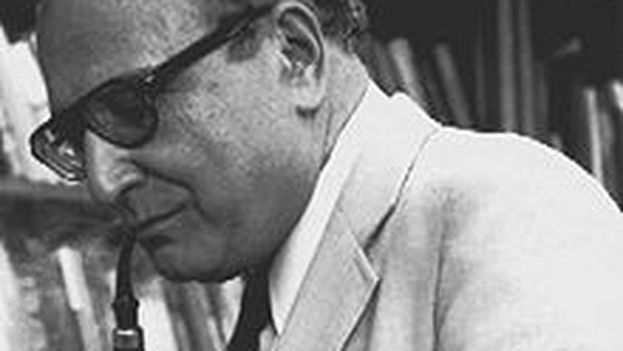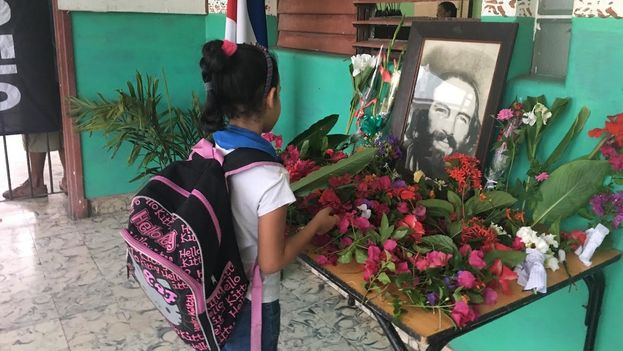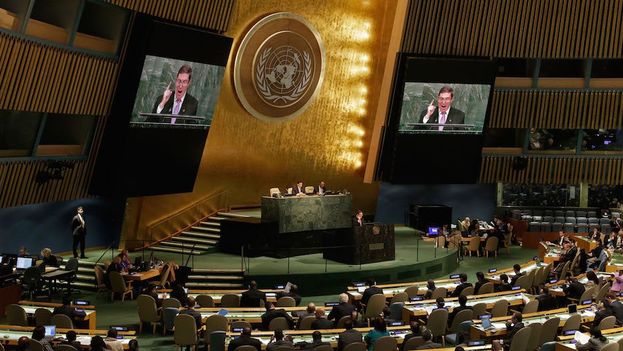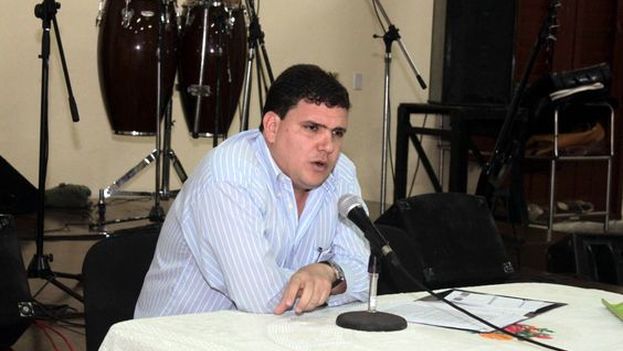The issue of human rights is broadly and explicitly developed by Marx in his essay On the Jewish Question (Zur Judenfrage), published in early 1844 in the Franco-German Annals. In this text, Marx directed harsh criticism at the beginning of the significance of human rights such as those embodied in the celebrated American and French declarations of the same. These rights are criticized for being, in his judgment, the expression of man as a selfish being, the quintessential superior right of the individual versus the collective or society. continue reading
Marx’s words, in this regard, deserve to be quoted at some length because we are in the presence, here, of the anti-liberal essence of the paradigm that will form the nucleus itself of the future Marxist ideology:
“Above all, we note the fact that the so-called rights of man, the droits de l’homme as distinct from the droits du citoyen, are nothing but the rights of a member of civil society – i.e., the rights of egoistic man, of man separated from other men and from the community. […]None of the so-called rights of man, therefore, go beyond egoistic man, beyond man as a member of civil society – that is, an individual withdrawn into himself, into the confines of his private interests and private caprice, and separated from the community. In the rights of man, he is far from being conceived as a species-being; on the contrary, species-life itself, society, appears as a framework external to the individuals, as a restriction of their original independence.”
For Marx the only important rights are political rights, that is, those of the citizens in their capacity as such. In this way, and like Hegel, man ceases to exist in himself, to be reduced to a member of the State (or the politically organized community) and the rights that are recognized are as a citizen. That is why Marx can not understand how the French could create a kind of rights that are only obstacles to collective political will, rights that create a sphere that is beyond politics or the collective:
“It is puzzling enough that a people which is just beginning to liberate itself, to tear down all the barriers between its various sections, and to establish a political community, that such a people solemnly proclaims (Declaration of 1791) the rights of egoistic man separated from his fellow men and from the community.”
What Marx wants is the total society, encompassing everything without barriers – that is without individual rights that impose limits – between man and the social collective represented by the state. That is, exactly, the essence of the original definition of the concepts of the totalitarian state and totalitarianism, as Mussolini had already used it in the 1920s: “Everything within the state, nothing outside the State, nothing against the State.”
It is precisely this totalitarian way of seeing things that makes Marx manifest a particular distaste for the idea of freedom, as individual freedom, as expressed in the French Constitution of 1793 where it says (Article 6, which is just a repetition of the famous declaration of 1791, that “freedom is the power of man to do anything that does not prejudice the rights of another.” In the face of this, Marx says:
” Liberty, therefore, is the right to do everything that harms no one else. The limits within which anyone can act without harming someone else are defined by law, just as the boundary between two fields is determined by a boundary post. It is a question of the liberty of man as an isolated monad, withdrawn into himself.”
For this very classic freedom, which is the essence of liberalism, neither Marx nor the Marxists have the slightest sympathy. Nor will other totalitarians such as the Italian fascists, the German Nazis or the Islamic fundamentalists.
The obvious continuity between Hegel and Marx in this area should not, however, hide the important difference between the conservative realism of totalitarian thinking of Hegel and revolutionary utopian totalitarianism of Marx.
The totality of Hegel is a heterogeneous, differentiated and hierarchically organized society, i.e. social diversity organized as an organic whole within the “rational State.” Individuals continue to be different and therefore unequal, according to the social role and their place in this totality.
Marx cannot accept this solution, which for him does nothing but keep the divisions of the past. His totalitarianism is radically leveling and is expressed by him and the idea of a future society in which the abolition of all difference and heterogeneity is achieved. It is about, in other words, the dream of a “homogenous society,” to use the expression that the Italian philosopher Lucio Colletti used to describe Marx’s Utopia, that is a society without classes, hierarchies or interest groups, in which State and civil society are reunified like the collective and individuals. This totalitarian and egalitarian Utopia is, apparently, the framework of the communist dream of Marx and his followers.
Marx, however, goes beyond the pure idea of the emergence of a homogeneous mass society. He also raises the idea of renewal of the human being and the birth of a new man, to use the expression popularized Che Guevara. In a manner reminiscent of medieval messianic mysticism he raises the emergence of what we might call the “man-kind”, that is, a man amalgamated with the human species, with the collective of men. This is the radical disappearance of the individual as a unique and irreducible reality. Thus, disappearing the individual will disappear individualism and with it, all social division. His words deserve, for all they say about the mystical-religious essence of Marxism, to be carefully meditated on:
“Only when the real, individual man re-absorbs in himself the abstract citizen, and as an individual human being has become a species-being in his everyday life, in his particular work, and in his particular situation, only when man has recognized and organized his “own powers” as social powers, and, consequently, no longer separates social power from himself in the shape of political power, only then will human emancipation have been accomplished.”
To achieve the goal of definitively emancipating man from all alienation and creating this new man who is the “man-species” for Marx there is not other option but to eliminate the true essence of modern society that is none other than private interest and profit motive, and its base is the power of private property and money. This is what Marx at this point in his evolution designated with the expression Judenthum (Judaism), since according to him the very essence of Judaism is none other than this capitalist attitude taken to its extreme. His words, which seem straight out of a Nazi anti-Semitic pamphlet, are strong (the emphases are Marx):
“Let us not look for the secret of the Jew in his religion, but let us look for the secret of his religion in the real Jew. What is the secular basis of Judaism? Practical need, self-interest. What is the worldly religion of the Jew? Huckstering. What is his worldly God? Money.”
That is why, in his view, the suppression of all this will involve the final elimination of Judaism:
” Very well then! Emancipation from huckstering and money, consequently from practical, real Judaism, would be the self-emancipation of our time. An organization of society which would abolish the preconditions for huckstering, and therefore the possibility of huckstering, would make the Jew impossible.”
With this, according to Marx, the Jewish religion itself would end with this change as “[The Jew’s] religious consciousness would be dissipated like a thin haze in the real, vital air of society.”
In the final paragraphs of On the Jewish Question all the ends are tied up. The idea of the end of the Jew as such merges with the idea of the end of the individual in what would be the grand finale of the divided and troubled life of the human species and the emergence of the man-species (emphasis Marx):
“Once society has succeeded in abolishing the empirical essence of Judaism – huckstering and its preconditions – the Jew will have become impossible, because his consciousness no longer has an object, because the subjective basis of Judaism, practical need, has been humanized, and because the conflict between man’s individual-sensuous existence and his species-existence has been abolished.”
These are the ideas that will be reflected in the proposal communist of Marx and his followers, and this is why they despise democracy. In his view, this political system, with its diversity of parties and its competitive elections, is nothing but an expression of “bourgeois society” in which individualist selfishness reigns and opposes various classes and interests. They speak, therefore, disparagingly of “bourgeois democracy” and confronting it will rise the Utopia of the society-community, society of comradeship, altruism, the new man and the only party, as in Cuba or North Korea.
___________________________
Editor ‘s note: this analysis has previously been published in the online journal El Líbero. It is reproduced with the permission of the author. Mauricio Rojas is director of the Adam Smith Chair of the University of Development (Chile).
Translator’s note: Translations of Marx are taken from this site.
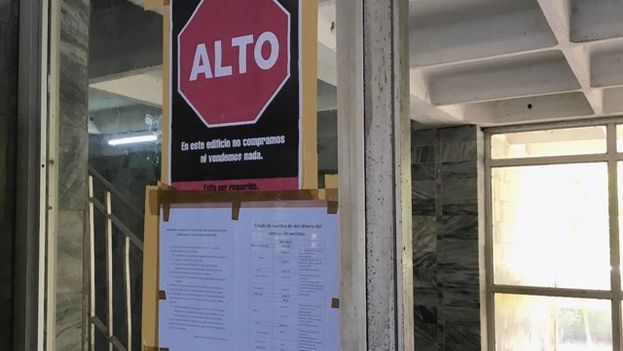
![]() 14ymedio, Zunilda Mata, Havana, 2 November 2016 — In a speech in front of foreign businessmen at the International Fair of Havana (FIHAV), the Foreign Trade Minister Rodrigo Malmierca, emphasized the country’s urgency to receive “high rates of investment.” However, outside the Expocuba fairgrounds, the speech’s echoes are barely heard and the informal market continues to set the pace of life.
14ymedio, Zunilda Mata, Havana, 2 November 2016 — In a speech in front of foreign businessmen at the International Fair of Havana (FIHAV), the Foreign Trade Minister Rodrigo Malmierca, emphasized the country’s urgency to receive “high rates of investment.” However, outside the Expocuba fairgrounds, the speech’s echoes are barely heard and the informal market continues to set the pace of life.
